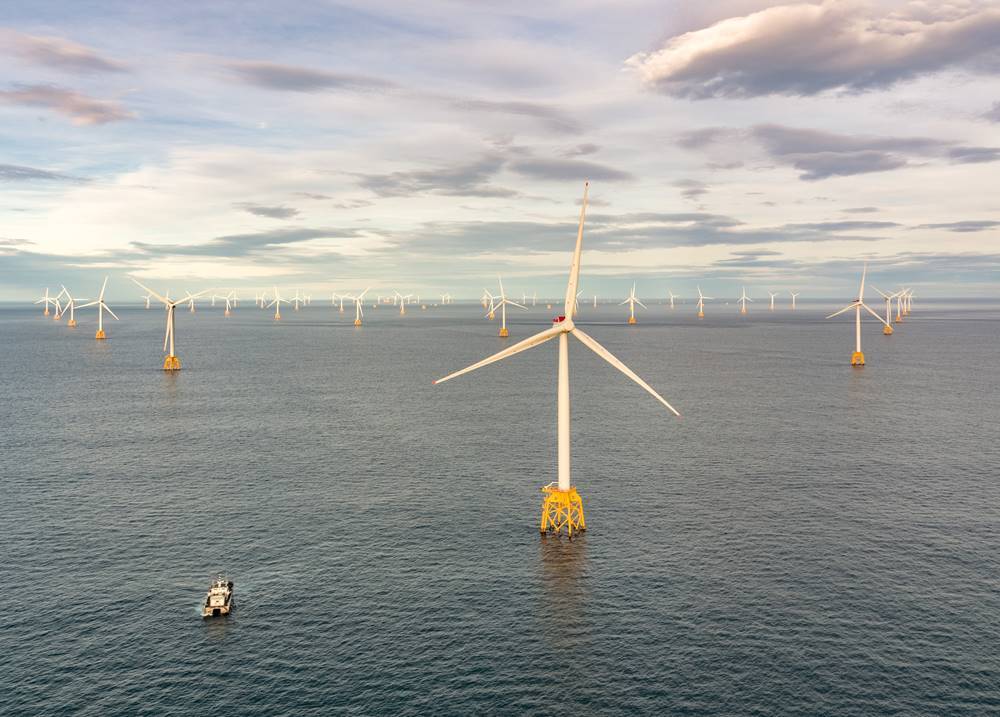Final figures released by the Scottish government show that the country just missed out on reaching its goal of 100% of its energy consumption being from renewables by 2020.
In the year, the equivalent of 98.6% of gross electricity consumption in Scotland was from renewable sources in 2020, up on the provisional figure of 97.4% released in May 2021.
Electricity consumption in the country did drop in 2020 – as it did across UK as a result of lowered demand from the COVID-19 lockdowns – with this down 5.7% on 2019. However, gas consumption rose 2.4% on 2019.
Overall, renewable sources made up 61.8% of all electricity generation in 2020, while 88.1% was from low carbon sources, with both of these having increased since 2019.
These figures were released alongside figures for Q3 2021, which showed that renewable energy generation in the quarter was 35% lower than in the same quarter in 2020, with 4,089GWh of renewable generated in 2021.
In the first three quarters of 2021, Scotland generated 13,378GWh of renewable electricity from wind, down 22.4% on the same period in 2020, and 2,877GWh of hydro, which was down 32.4%.
However, renewable electricity capacity has increased over the past year to 12.2GW in September 2021, up 0.5GW on September 2020. There are also 15.2GW of renewable electricity projects in the pipeline in Scotland, with 2.8GW under construction.
Michael Matheson, cabinet secretary for net zero, energy and transport, said that while there are still “many challenges ahead”, 2021 has laid the groundwork for Scotland to take important steps towards net zero.
In the latter half of 2021m, the Scottish government outlined its plans to help secure a just transition to net zero, including opportunities for new green jobs as part of its Programme for Government 2021-22.
Meanwhile, last year also saw Scottish company SSE commit to double its existing net installed renewables capacity to 8GW and amass a sustainable renewables development pipeline in excess of 15GW. This announcement came as part of plans to invest £12.5 billion by 2026 to accelerate progress towards net zero.






